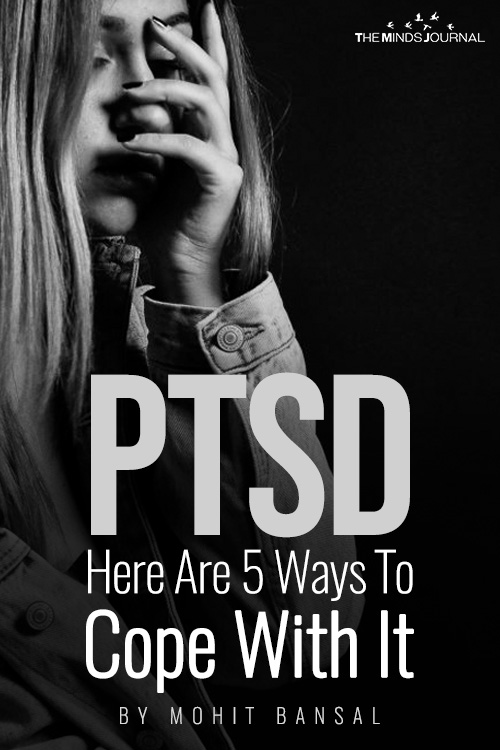PTSD (Post Traumatic Stress Disorder) is one of the biggest and serious mental health issues nowadays.
Many people fight with this menace daily and only a few manage to win over it. That is either because they take the proper medication or they know how to cope with it. And for those who don’t know how to, it can prove to be one of the most difficult things in the world.
In most cases, if a person has been in an accident and that is the reason for their PTSD, then it can be very hard for them to drive or even sit in a car again. Not only does it ruin half of their life experiences, but it also tends to ruin human relationships. PTSD is something that shouldn’t be taken lightly at all. It is very important to cope with this problem, otherwise, it might prove to be severe in the future.
While many consult doctors and psychiatrists and cure their PTSD with the help of CBT (Cognitive Behavioral Therapy) and medication, some people don’t feel good while doing these things. Something that can help these people are the natural ways of coping with this mental health disorder.
Read What Is Post-Narcissist Stress Disorder (PNSD) and its 3 Major Symptoms
Here are 5 ways that can help you to naturally cope with the menace called PTSD.
1. Meditation
You don’t have to join a yoga class or anything. What you need to do is just get rid of all the distractions, close your eyes, and meditate for 15 to 20 minutes in a day. That’s it! Just think about your good place and imagine yourself being there in peace. Keep doing this for some days and you might just make a habit of it which is not a bad thing. Not only will it make you feel positive, but it also tends to help you cope with a lot of mental health disorders.
Read Meditation: A Mystical Practice That Leads You To A Prosperous Life
2. Start Exercising
Exercising daily doesn’t only build your physical strength/fitness, it also works a lot on your mental wellness. Again, you don’t have to join a gym, if you just go for a 30 minutes jog daily, you’ll start to feel that a lot of stress is leaving you. Just keep doing this to keep your physical and mental health good. Also, it’ll help you cope with your PTSD.
3. Aromatherapy
“Aromatherapy can form part of a healing regime as well as being a preventive therapy in its own right. It gives pleasure through the sense of touch (massage), the sense of smell (aromatic oils), the sense of sight (pleasant surroundings) […] By so doing, it helps to create favorable conditions in body and mind for healing to take place quite naturally.” -David Kinchin, ‘Post Traumatic Stress Disorder: The Invisible Injury’
4. Art Therapy
It might sound stupid but indulging yourself in art and craft can actually help you in coping with PTSD and a lot of other mental health disorders. When you distract your mind from the main reason for stress and focus it on something innovative and creative, you’ll soon notice that you’re not stressing about that thing anymore. Well, isn’t that just great and simple? Yes, it is.
Read 15 Art Therapy Exercises to Control Your Mind and Channel Your Emotions
5. Get A Little Non-Human Friend
I am sure you must have heard a lot of people saying ‘pets are awesome’ and you might just agree with them. Well, not only are they a man’s best friend, they can prove to be a cure for many mental health disorders. Especially for those who have no one in their lives and need a companion. Even doctors and psychiatrists recommend adopting a pet to those who are experiencing serious mental health issues or loneliness.









Leave a Reply
You must be logged in to post a comment.